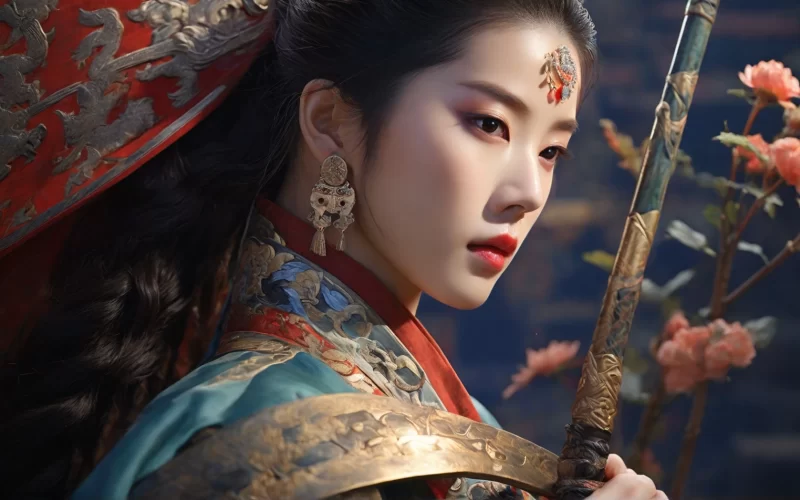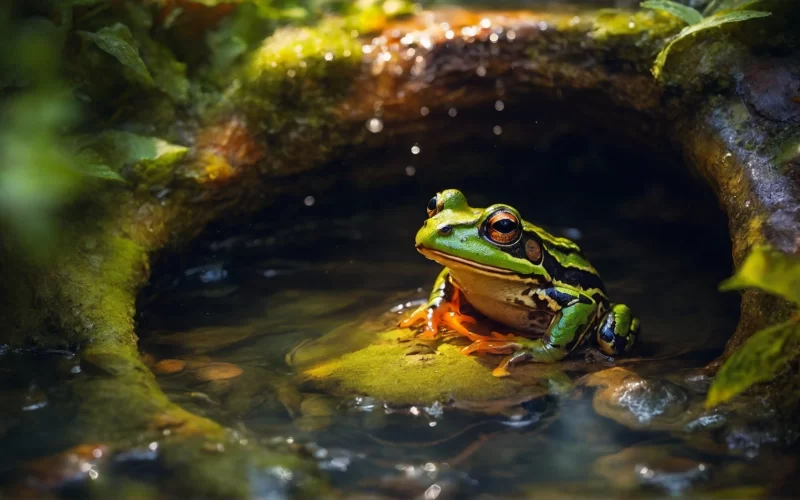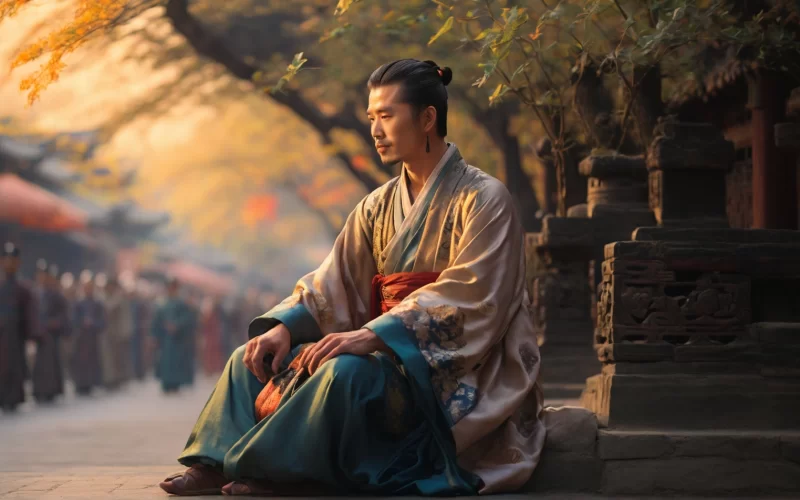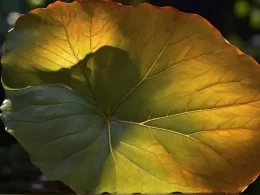Idiom Explanation:
The original refers to the beauty of the woman, so that the fish sink, so that the flying geese land, dare not compare with the beauty. Later, it describes the beauty of a woman's appearance.
Pronunciation:
沉鱼落雁
chén yú luò yàn
Origin:
战国·庄周《庄子·齐物论》:“毛嫱、丽姬,人之所美也;鱼见之深入,鸟见之高飞,麋鹿见之决骤,四者孰知天下之正色哉?”
Story:
This idiom was first found in Zhuangzi's "On Qiwu". Mao Qiang and Li Ji were two famous beauties in the Warring States period, and they were everyone's favorite beauties, but when the fish saw them, they dived deep into the water, when the birds saw them, they flew high into the sky, and when the elk saw them, they scattered their hooves and ran away. Why is this? Because the fish, birds and elk not only will not appreciate the beauty of humans, but also afraid of being hurt, so they all fled. Later, the "sinking fish fallen geese" gradually used to describe a woman with a very beautiful face.
During the Spring and Autumn Period, there was a beautiful woman called Xishi in the State of Yue, who would go to the stream every day to coin her yarn. When the fish in the stream saw Xishi's handsome and beautiful reflection, they felt that they were uglier than Xishi and were too ashamed to surface and sank to the bottom. Gradually, "sinking fish" became a moving alias for Xishi.
During the Western Han Dynasty, there was also a beautiful woman named Wang Zhaojun. In order to appease the Xiongnu in the north, Emperor Yuan of the Han Dynasty promoted the beautiful court lady Zhaojun to be a righteous daughter and married a neighboring country. On the way to marry Zhaogun, the geese flying south heard her melodious music and forgot to dance because they were gazing at her beautiful face and fell to the ground. From then on, "falling geese" became a synonym for Zhaogun's beauty.
This is the origin of the idiom of "sinking fish and falling geese".
Similar Idioms:
- 闭月羞花
- 美若天仙
- 国色天香












